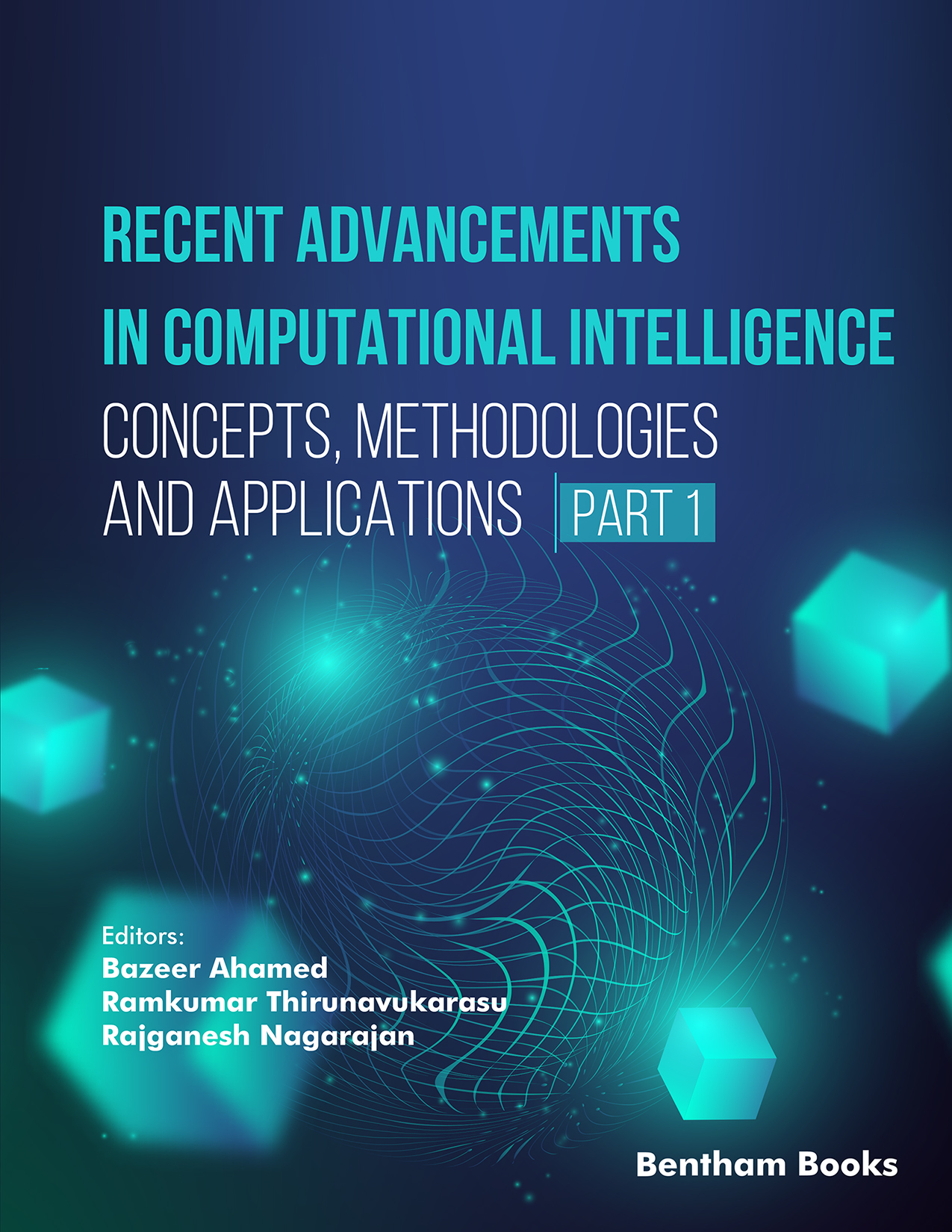Introduction
Recent Advancements in Computational Intelligence: Concepts, Methodologies and Applications (Part 1) is an in-depth exploration of computational intelligence (CI), a rapidly evolving field blending artificial intelligence, machine learning, and data-driven problem-solving. The book focuses on biologically inspired methods such as neural networks, fuzzy logic, swarm intelligence, and evolutionary algorithms; it showcases how CI addresses complex real-world problems marked by uncertainty and incomplete data. Integrating theory with Industry 4.0 applications, the book spans diverse domains including healthcare, autonomous systems, cybersecurity, and smart computing.
Structured across thematic sections like Social Computing, High-Performance Computing, Network Science, Smart Computing, and Intelligent Communications, it covers topics like deep learning for autonomous vehicles, AI-driven healthcare diagnostics, graph theory in cybersecurity, and reinforcement learning for generative AI. With contributions from international experts, it bridges foundational principles with applied research and case studies.
Key Features:
- - Integrates emerging trends such as generative AI, edge computing, and reinforcement learning.
- - Demonstrates practical relevance through real-world case studies and industrial applications.
- - Promotes interdisciplinary understanding across computer science, engineering, and healthcare.
- - Provides actionable methodologies for researchers and practitioners advancing CI innovation.
- - Highlights the fusion of theory and practice in intelligent, adaptive systems.
Target Readership: :
Researchers, academicians, and graduate students in AI, data science, and engineering and industry professionals and policymakers seeking to apply computational intelligence for innovation and problem-solving.

